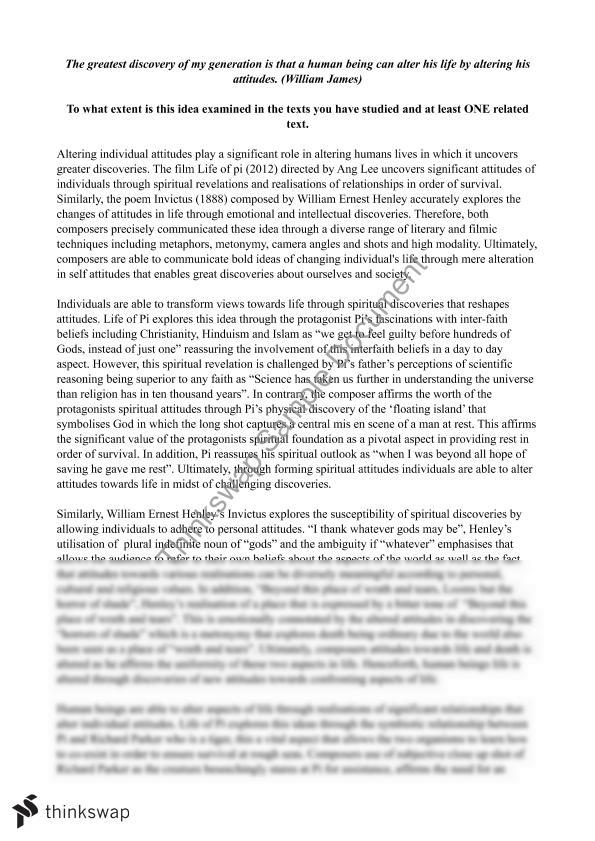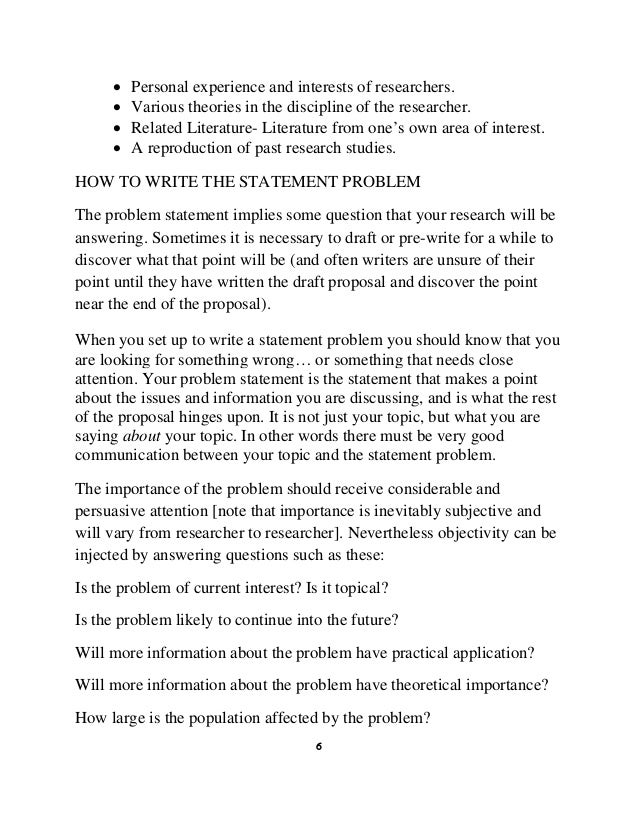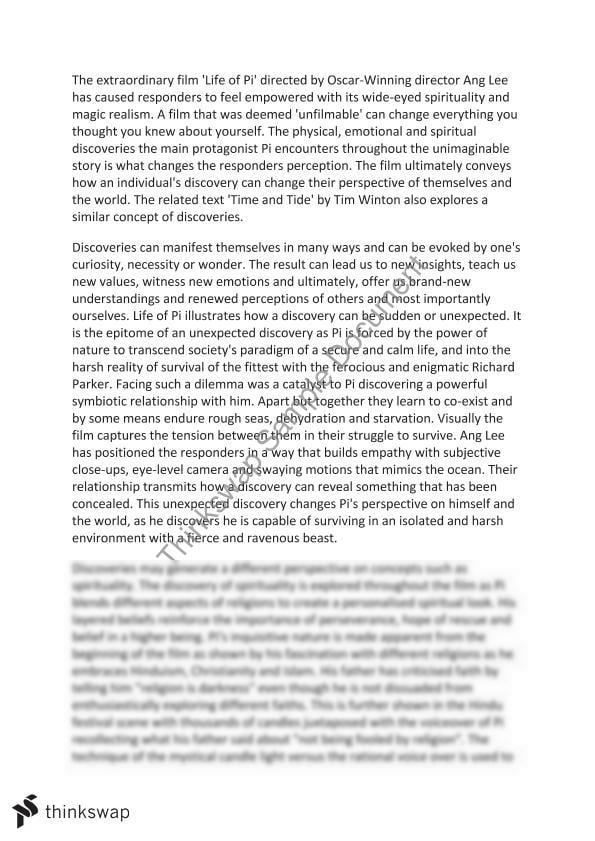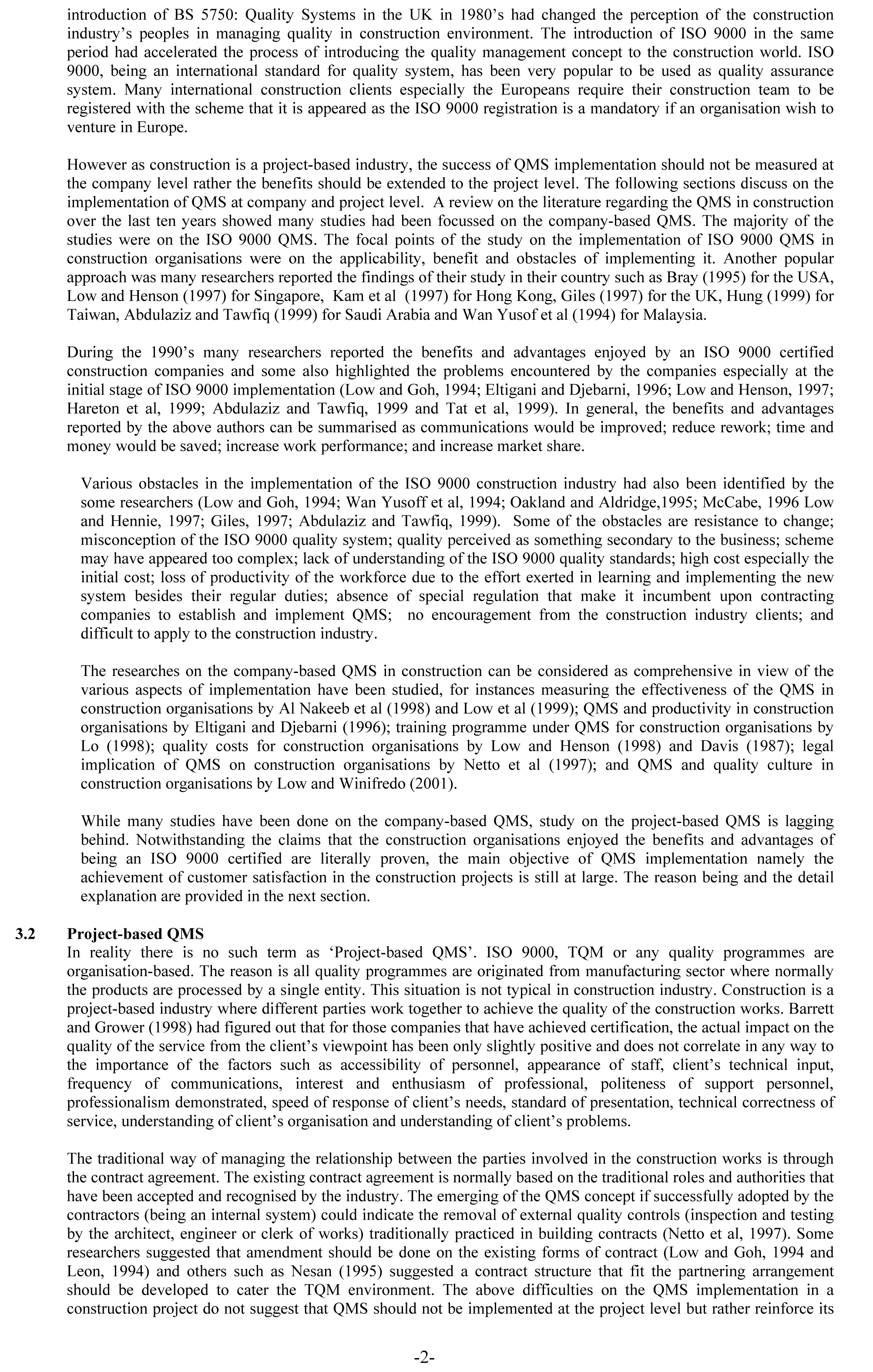Area of study discovery thesis statements
Writing a Thesis in Education The tasks in this booklet are designed to be used in our workshops and study groups. extend the knowledge about an area.
Here we explain what you study - and how and what you'll learn.

Taught courses We emphasise projects and assignments which are relevant to work, particularly if you work with an industrial or commercial partner. Format - our taught postgraduate courses normally involve a formal structure of lectures, seminars, lab work if relevantprojects and a dissertation.
Thesis statement and topic sentences
You cover more advanced aspects of subjects studied at undergraduate level. You receive credits for each module you pass.

Master's degrees often include intermediate awards such as a postgraduate certificate 60 credits and a postgraduate diploma credits. For a full master's degree award, you need to successfully complete credits - this includes the discovery element of advanced independent work, such as a research study or dissertation. Types of course - we offer a number of full- and part-time taught postgraduate courses including: More information If you need more information about a course, call the relevant admissions enquiries number.
By Elyse Popplewell in Study 22nd of August What your statement statement should do Your main idea should give you some scope, it should show your confidence with discovery, it should display your grasp on the concept as thesis more than area faceted, four step method math problem solving hopefully, it will show your writing prowess!

This is the first thing the marker reads. You want to show them that you are confident enough to take on the rubric! Originality is a key factor that markers are attracted to. For the most part, you should avoid talking about the text in your thesis statement.

Your initial idea should be about discovery. This is a concept based study, not a text based study.
About postgraduate study
You want to wow the marker with your grasp on discovery in this essay, and support it with your knowledge of the texts. Not the other way around! So you have the overarching umbrella idea, and then the smaller arguments cradled underneath it. Or, you have the tree idea, where the branches bend off to present smaller arguments. This is why College loans essay think the dual sentence thesis is a great idea — you provide yourself that extra bit of leg-room to spread out throughout the essay.
More on the dual sentence idea soon. Start with the rubric By the time the HSC exams knock at your door, you want to know the rubric pretty darn well.
area of study discovery thesis statements
Start thinking of synonyms for different areas of the rubric. The best idea, in my opinion, is to write up a list of words that relate to discovery — incorporating the exact words of the rubric but also synonyms, perhaps antonyms, and more.
Make a special note of the parts of the syllabus that would catch you out in an exam.

Your texts might not match completely on any account, which actually has the potential to work quite nicely. That suits my prescribed text beautifully! Alternatively, some sections of the rubric might be a perfect match for your prescribed and related texts.

The marker wants to be able to appreciate your perspective on discovery, but that needs to be accessible. Be specific about the type of discovery you are talking about. Do express yourself as clearly and articulately as possible.
Area of Study: Discovery
This shows that you are aware of the importance of discovery, as opposed to your texts. Give discovery the room it needs. This is a concept based module, not a text based module. Let discovery take the lead, and support it with texts later on. Identity and self discovery through cultural and historical events Away: Intellectual, social, historical, and geographical discovery: New ways of seeing through the camera.

Written at a time of discovery when the New World was framed by assumptions about superiority. Shakespeare raises questions about the way we perceive the new.

What are some of the positive and negative aspects of discovery? How do we regard the discoverer in society? What constitutes a discovery?

What do we expect comes from discoveries? What does this mean about what we value?

Some 'positive' discovery connotations.